Electrical Engineering And Computer Science
-
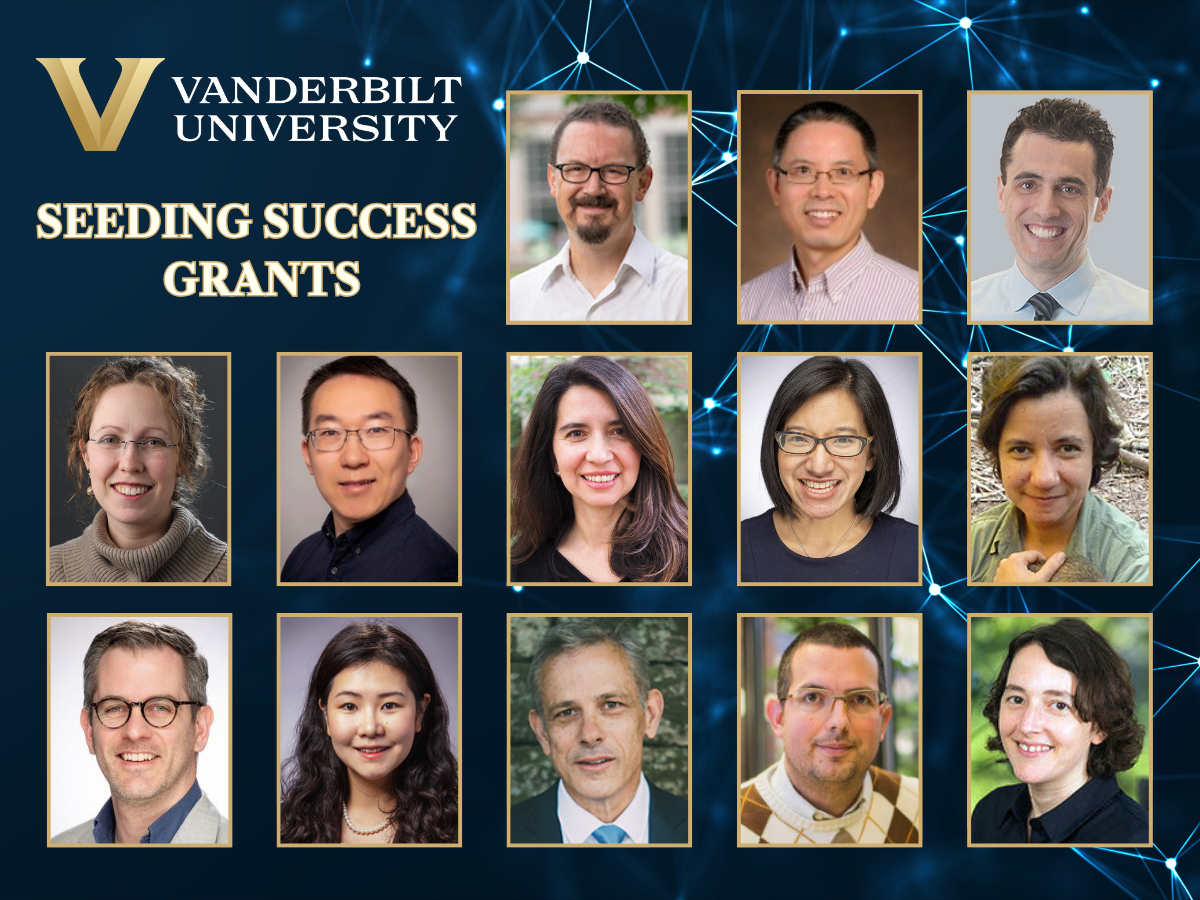
Vanderbilt names spring 2024 Seeding Success Grant awards
Thirteen innovative projects across seven colleges and schools have been selected for the spring 2024 round of Seeding Success internal grants. The Office of the Vice Provost for Research and Innovation announced the recipient list on May 31. Read MoreJun 25, 2024
-

Dennis G. Hall, dean emeritus, professor and Vanderbilt’s first associate provost for research, has died
Dennis G. Hall, Vanderbilt’s first associate provost and later vice provost for research, dean emeritus of the Graduate School, professor emeritus of physics and professor emeritus of electrical engineering and computer science, died Jan. 6 in Nashville. Read MoreJan 16, 2024
-

Computer science professor helps conduct the largest archaeological imagery survey in the Western Hemisphere using AI
Screenshot of the GeoPACHA web platform. Red triangles denote archaeological features on the landscape. (Wernke/GeoPACHA) A $350,000 grant to develop next-generation archaeological mapping technology will let a Vanderbilt-led research team reveal information about vast settlement systems and human-modified landscapes in the Andes. Steven Wernke, associate professor and chair of the Department of Anthropology, is the... Read MoreSep 7, 2023
-

Justus Ndukaife wins $1.9M from National Institutes of Health to build on foundational knowledge of nanoscale cellular particles
Justus Ndukaife, assistant professor of electrical and computer engineering, has received the Maximizing Investigators’ Research Award of $1.9 million from the National Institute of General Medical Sciences. The funding will support Ndukaife’s project, “Understanding the heterogeneity of nanoscale extracellular vesicles, exomeres and supermeres using next generation optical nanotweezers.” Justus Ndukaife Nanosized extracellular vesicles and particles,... Read MoreAug 4, 2023
-

Research Spotlight: The rise of ChatGPT and the age of artificial intelligence
When one of his Ph.D. students first suggested that Jules White, associate professor of computer science, check out ChatGPT—the artificial intelligence platform that can do everything from write original poetry to generate sophisticated computer code in seconds—White was dismissive at first. But once he investigated further, White knew that this technology would shape the future,... Read MoreFeb 21, 2023
-

Fauchet urges Congress to support engineering education and research
Philippe Fauchet, the Bruce and Bridgitt Evans Dean of Engineering at Vanderbilt University, met with members of Congress last week while in Washington, D.C., to emphasize the integral role that engineering research plays in strengthening the United States’ competitiveness and security. Read MoreFeb 16, 2023
-
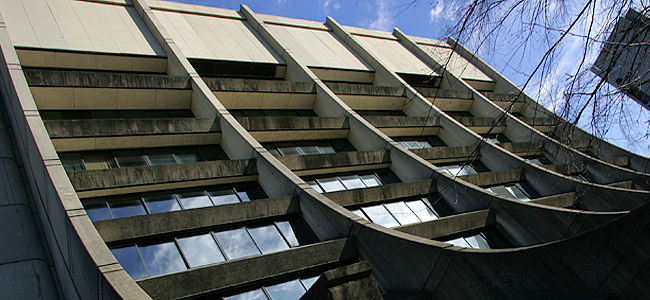
Biden announces appointment of engineering alumnus to President’s National Security Telecommunications Advisory Committee
President Joe Biden announced Feb. 3 his intent to appoint Corey E. Thomas, BE’98, as one of 14 new members of the President’s National Security Telecommunications Advisory Committee. Read MoreFeb 7, 2023
-

Engineering researchers use NSF and DOE funding to help improve transportation in India
Abhishek Dubey, associate professor of electrical engineering and computer science, and Ayan Mukopadhyay, a research scientist in Vanderbilt’s Institute for Software Integrated Systems, are collaborating with researchers at the Indian Institute of Technology (BHU) to improve transportation in the city of Varanasi in Uttar Pradesh, India. Currently, the main means of transportation in the densely... Read MoreNov 10, 2022
-

Engineering researcher Catie Chang harnesses the power of computational analysis to gain new insights into how the brain works
Advances in neuroimaging over the past 25 years have ushered in nothing short of a revolution in technology for understanding the human brain. These new technologies have opened broad vistas for scientists, from being able to pinpoint regions of the brain responsible for various functions and behaviors to targeting new treatments for illnesses ranging from... Read MoreOct 27, 2022
-
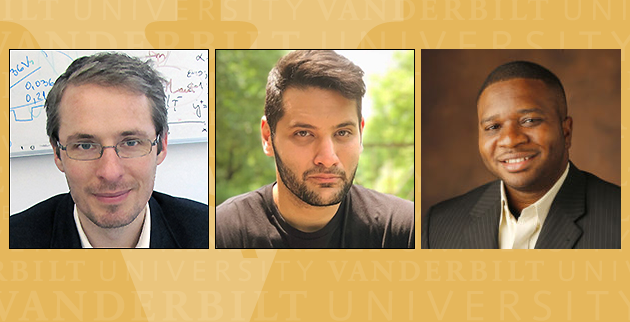
Vanderbilt School of Engineering faculty receive National Science Foundation Early CAREER Awards
David Braun, Justus Ndukaife and Ahmad Taha are recipients of the National Science Foundation Early CAREER Award. The Faculty Early Career Development (CAREER) Program offers the most prestigious awards in support of early-career faculty who have the potential to serve as academic role models in research and education and to lead advances in the mission of their department or organization. Read MoreApr 27, 2022
-
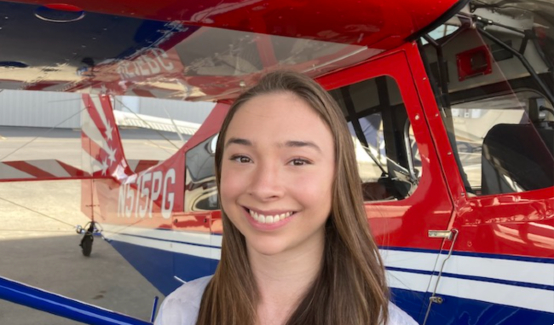
Undergraduate student awarded prestigious Brooke Owens Fellowship in space and aviation
Meredith Hunter, a sophomore electrical engineering major, has been named a Brooke Owens Fellow, a prestigious award that recognizes exceptional undergraduate women and other gender minorities with space and aviation internships, senior mentorship and a lifelong professional network. Read MoreFeb 3, 2022
-

Alumni Innovators: Cybersecurity startup ARMS Cyber wins competitive awards from US Air Force, JPMorgan Chase and VetsinTech
Startup fostered at Vanderbilt earns accolades as it reimagines cybersecurity. Winning these awards earned the team $750,000 from the U.S. Air Force and $25,000 with mentorship from JPMorgan Chase leadership. Read MoreDec 10, 2021
-
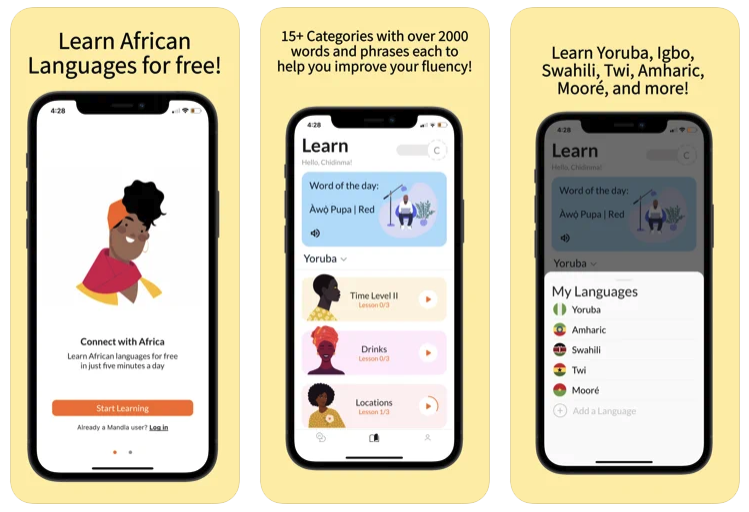
The Wond’ry aids Vanderbilt student in designing African language learning app to connect with native roots
With help from the Wondr'y, Vanderbilt students and peers have designed an African language learning app to connect with their native roots. Read MoreDec 2, 2021
-
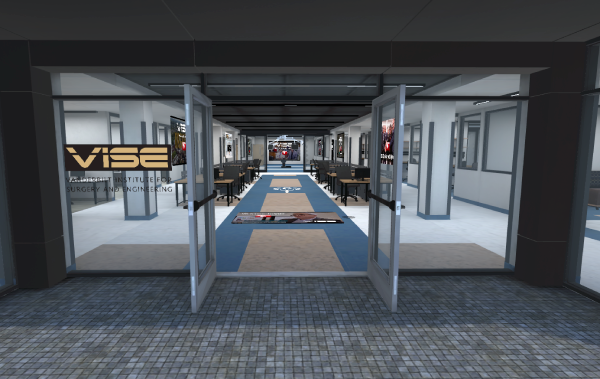
10th Annual Surgery, Intervention and Engineering Symposium features expert in AI-powered computational cardiology
Learn about artificial intelligence and how developing a “digital twin” for the heart has improved human health during the Vanderbilt Institute for Surgery and Engineering annual symposium on Dec. 15. Read MoreNov 17, 2021
-

Headband device suitable for use at home with young ADHD patients
Vanderbilt biomedical engineering professor has developed a prototype headband to measure brain activity that could have widespread application in studying and ultimately treating ADHD and other neurological disorders. The device is lightweight, portable, and inexpensive to construct. Prototype components cost less than $250, compared to costs exceeding $10,000 for commercial systems. Audrey Bowden, associate professor... Read MoreNov 16, 2021
-

Headband device suitable for use at home with young ADHD patients
Vanderbilt biomedical engineering professor has developed a prototype headband to measure brain activity that could have widespread application in studying and ultimately treating ADHD and other neurological disorders. The device is lightweight, portable, and inexpensive to construct. Prototype components cost less than $250, compared to costs exceeding $10,000 for commercial systems. Audrey Bowden, associate professor... Read MoreNov 16, 2021
-
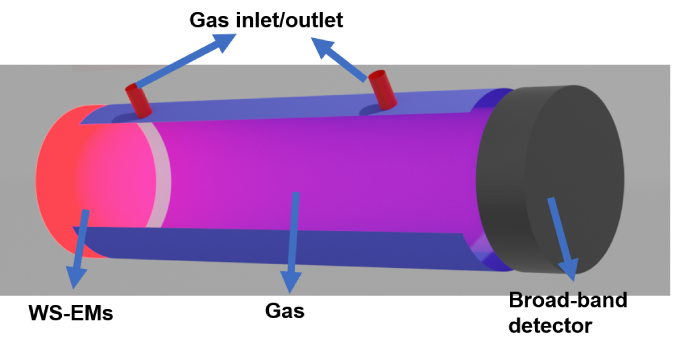
Novel advanced light design and fabrication process could revolutionize sensing technologies
Vanderbilt and Penn State engineers have developed a novel approach to design and fabricate thin-film infrared light sources with near-arbitrary spectral output driven by heat, along with a machine learning methodology called inverse design that reduced the optimization time for these devices from weeks or months on a multi-core computer… Read MoreOct 21, 2021
-

Novel advanced light design and fabrication process could revolutionize sensing technologies
Vanderbilt and Penn State engineers have developed a novel approach to design and fabricate thin-film infrared light sources with near-arbitrary spectral output driven by heat, along with a machine learning methodology called inverse design that reduced the optimization time for these devices from weeks or months on a multi-core computer to a few minutes on... Read MoreOct 21, 2021
-
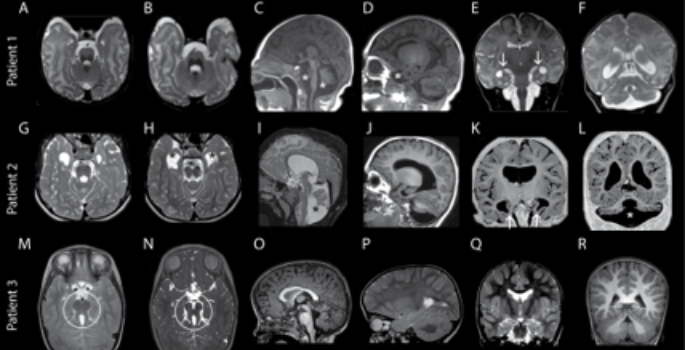
Chang receives $1.1M grant to investigate brain-body connections, advance understanding of how brains age
Catie Chang, assistant professor of electrical and computer engineering, has received a $1.1 million NIH grant to investigate brain-body connections and advance understanding of aging in normal and pathological brains. Read MoreOct 18, 2021
-
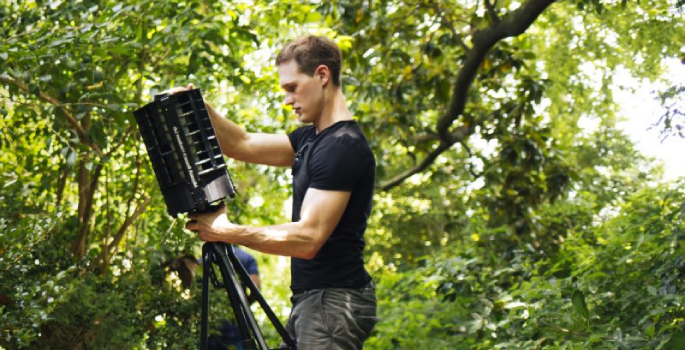
Vanderbilt-led team selected by NSF Convergence Accelerator to continue developing predictive technology against biothreats
Partnering with Microsoft and leading biologists, epidemiologists, public health experts and computer scientists, Vanderbilt’s Janos Sztipanovits will lead a $5 million cooperative agreement to create a data and AI platform that detects and predicts emerging public health threats. Read MoreSep 23, 2021